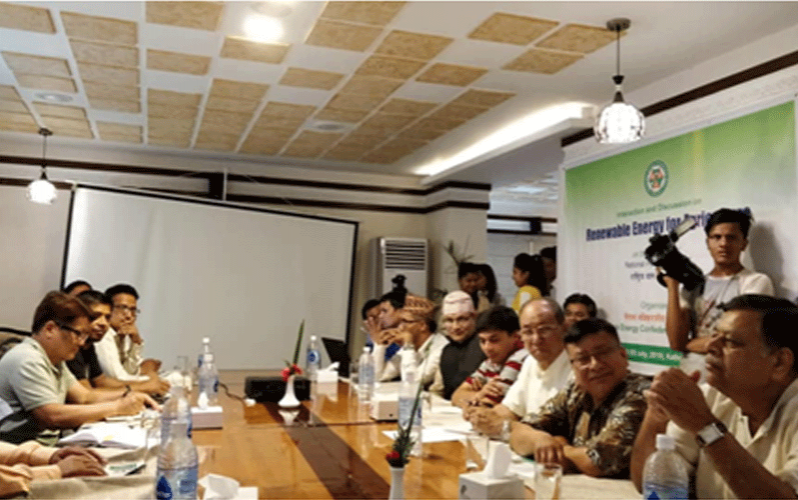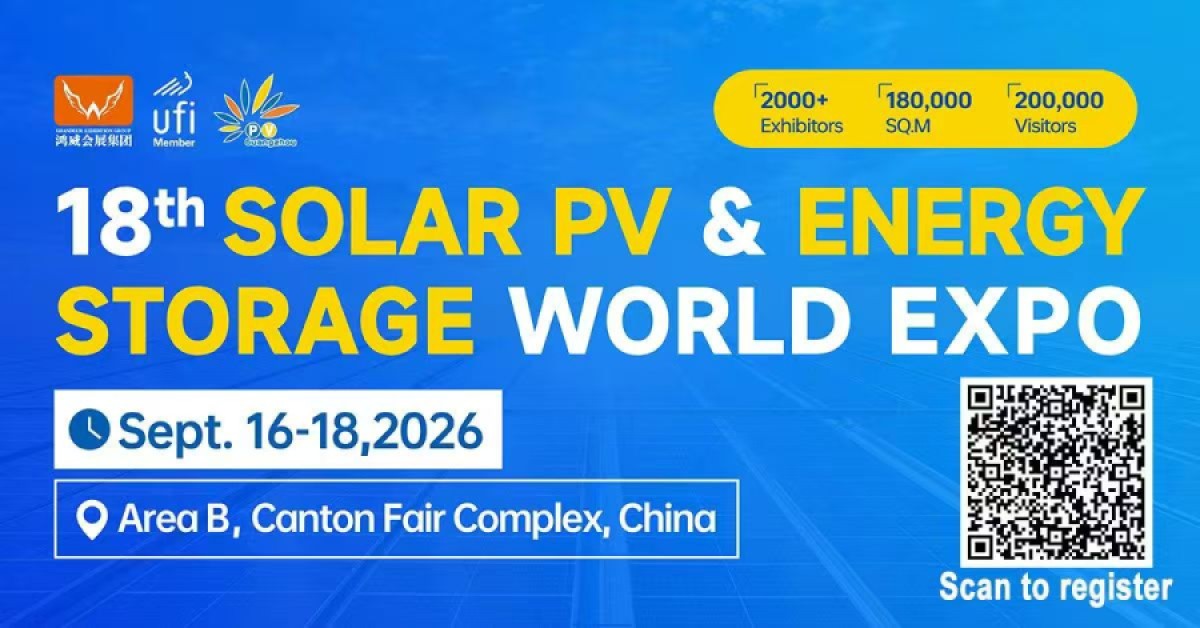
Interactions organised by Renewable Energy Confederation of Nepal (RECON) on RE for Agriculture on Asaar 15 before last year and last year were a part of RECON efforts on knowledge and experience sharing and opinion building of professionals and practitioners involved in renewable energy promotion activities in Nepal. They are particularly dedicated in energy access to the people living in remote areas of mountain and hill districts and other accessible locations as well. Learning lessons and gaining experience of last year event and before, an intensified effort on RE for Agriculture has been thought as an influencing activity. Time has come for the stakeholders of RE and agriculture work together to find the ways for more agriculture products to grow to check import of food grains, vegetable and fruits from other countries. The methodologies may be looked complex but they are the needs of the day. The government and other agencies are planning better agriculture methodologies with intervening modern technologies as well.
Thus, RETs for following have been thought important to consider.
RETs have been appreciated in agriculture sector for irrigation. The Solar PV Pumping has been a success in Nepal. The agriculture land remained sans irrigation facility may be added for better cultivation and crops. Likewise, Solar Thermal driers are useful in drying foodstuffs for safe keeping and value addition. The agriculture bio-products are useful in generating energy as using for bio-gas making, and converting to fuel pallets and briquettes, for waste to energy as well. The slurry, bi-product of Bio-gas plants to use as alternatives of chemical fertilisers for healthy agro production, protection of soil quality and reduce import of chemical fertilisers. These available technologies can uplift the income of farmers and their living quality. Consideration on providing modern farming technologies, quality seeds, market systems, borrowing at low interest rate are also the influential aspects other than intervention of RETs to contribute for the betterment of the farmers. Addressing the reasonable level of assistance to marginalised group in the communities is also to be considered.
Remarkably, the Government of Nepal had formulated Mechanisation in Agriculture with a focused programme and also had formed a dedicated committee for promotion of bio-fertiliser are the opportunities for RETs to introduce as appropriate technologies while R&D on the same may be carried out for the better output in terms of enhanced inputs and in terms of optimisation of technologies, resources and finance. Likewise, capacity development in RE for Agriculture may be a 'bonus' for the country to reduce import of food items and engage more human capital in agriculture sector in an organised and managed manner.
The governments in all three levels in the federal governing system have realised to prioritise agriculture products to increase and improve living quality of the farmers. They pledge possible interventions including of providing facilities of RETs to this respect. The academia, exporters and entrepreneurs as stakeholders are also putting efforts of success of the national mission on agriculture.
Former Minister and Coordinator of Advisors' Committee of RECON Er. Ganesh Shah, on the occasion, expressed the view that agriculture is very important aspect for Nepal where most of the people are depended in farming. But right seeds at right time, right fertiliser at right time and irrigation facility is still a dream to the farmers. The traditional practice also has been almost forgotten. Therefore, modern and traditional approaches must be implemented in the agriculture of Nepal. The mechanisation, capacity building and financial facilities can help regain the agriculture as desired, he expressed.
Mr. Dipak Poudel of Alternative Energy promotion Centre (AEPC), Mr. Ram Bahadur Ghimire of GRID Nepal, . . . . . . . . . . . . . . of explained the relationship of renewable energy technologies and agriculture in Nepal's context. The presenters also talked on the diminishing quality of arable land and negative impact of chemical fertilisers.
The event participating experts, academia, media and professionals threw their views and opinions in reforming of the agriculture trend by prioritising at foremost so as economic benefits, employment and reducing import of food grains would be possible.
The technologies talked in the event was Solar PV pumping system which has been a success for irrigation and it is getting popularity. Government sectors prioritised the technology with technical and financial supports. Likewise, large size bio-gas plants are producing bio-fertiliser which is chemical free and supports regaining of soil quality. So that concerned institutions should pay more attentions to construct such plants.
RECON is a common forum of associations of private sector involved in supplying and delivering alternative energy service and NGOs involved in promotion of alternative energy in Nepal. It works as an umbrella organization of associations of private sector who are committed to lobby and advocacy and are highly dedicated in enabling environment to safe guard the rights and wellbeing of professionals and practitioners involved in renewable energy value chain.
Well utilising the resources and expertise associated and as available abundantly within the member associations and associated academia and experts RECON had decided to put efforts to bridge the functional gaps in extending alternative energy drive in the country. Likewise, taking as information dissemination as an important and influential instrument in building public opinions, RECON is planning to carry out various activities with collaborations with media experts and institutions also.
The confederations has been working with various government agencies including Alternative Energy Promotion Centre (AEPC), academia, professionals, INGOs, NGOs and development partners with aims to create better and conducive environment for RE to promote with private sector involvement. Lobby and advocacy are the main activities that RECON has been carrying out. The findings of various interactions and discussion programmes conducted had been put forward to policy making and implementing authorities at different levels.
RECON is also one of the partner organisations for HIVOC and ENERGIA funded Green and Inclusive Energy Nepal Programme (GIE Nepal Project) which is coordinated by Centre for Rural Technology Nepal as a lead partner of the consortium.




